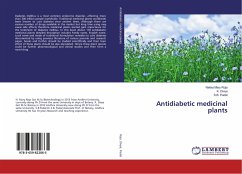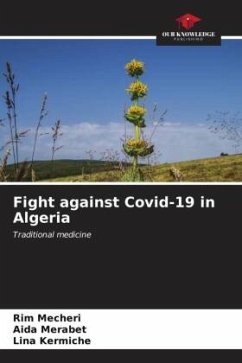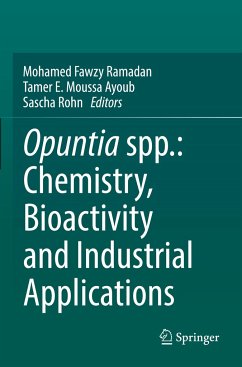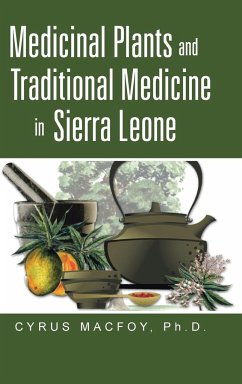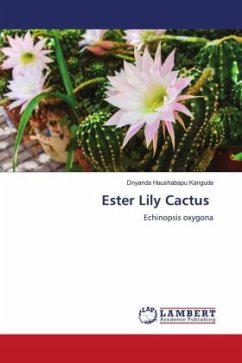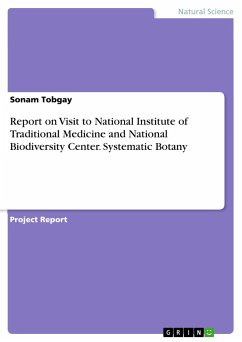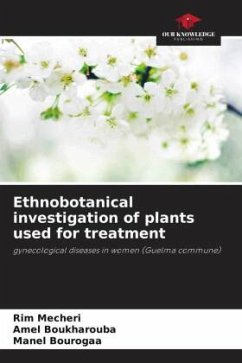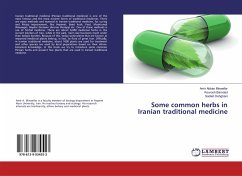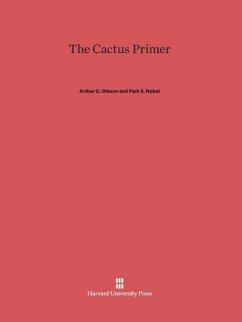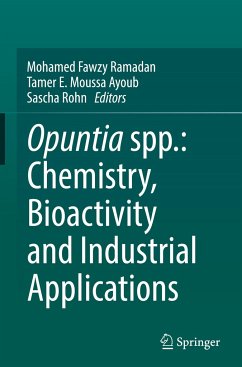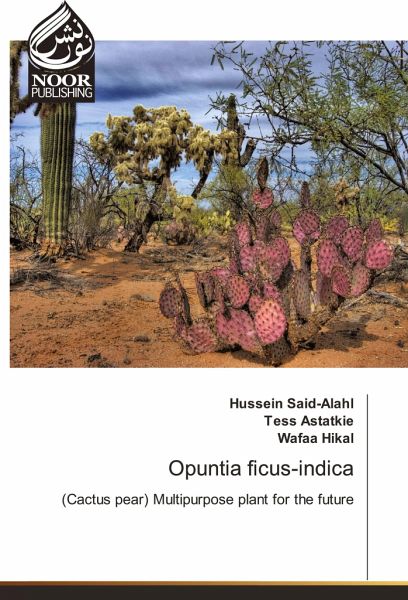
Opuntia ficus-indica
(Cactus pear) Multipurpose plant for the future
Versandkostenfrei!
Versandfertig in 6-10 Tagen
16,99 €
inkl. MwSt.

PAYBACK Punkte
8 °P sammeln!
Nowadays efforts have been made to determine environmental stresses that most limit productivity and plants yield in arid and semi-arid zones. Water scarcity is increasing due to increasing population pressure and intensive use of natural resources. Cactus is ideal for responding to drought and has successfully grown in inappropriate soils which are inadequate for other crops because it can survive under drought conditions and high temperatures. Cactus (Opuntia ficus-indica) is an edible cactus plant that grows in the arid and semi-arid regions of the world. We can call prickly pear cactus a s...
Nowadays efforts have been made to determine environmental stresses that most limit productivity and plants yield in arid and semi-arid zones. Water scarcity is increasing due to increasing population pressure and intensive use of natural resources. Cactus is ideal for responding to drought and has successfully grown in inappropriate soils which are inadequate for other crops because it can survive under drought conditions and high temperatures. Cactus (Opuntia ficus-indica) is an edible cactus plant that grows in the arid and semi-arid regions of the world. We can call prickly pear cactus a super-food, cactus is a good source of several important minerals and recognized as valuable sources of nutraceuticals. The great number of potentially active nutrients and their multifunctional properties make cactus pear perfect candidates for the production of health-promoting food and food supplements with particular emphasis in its use as food, forage production and medicine.We can call the prickly pear cactus (Opuntia ficus-indica) plant: A plant for the future. As we gain new information, our concepts are constantly evolving. We hope this will be one aspect of benefit for humanity.



